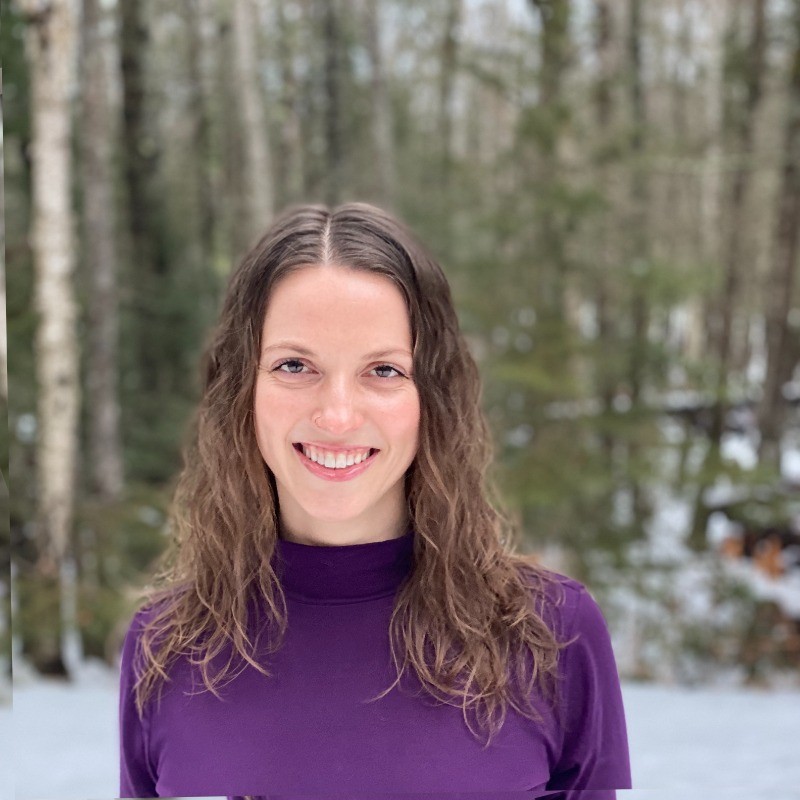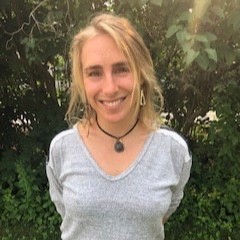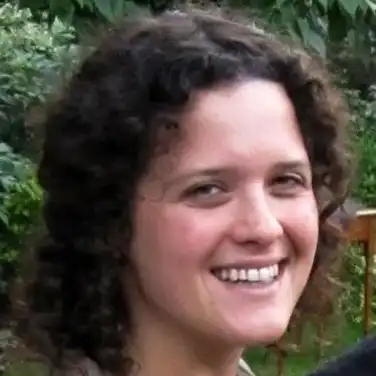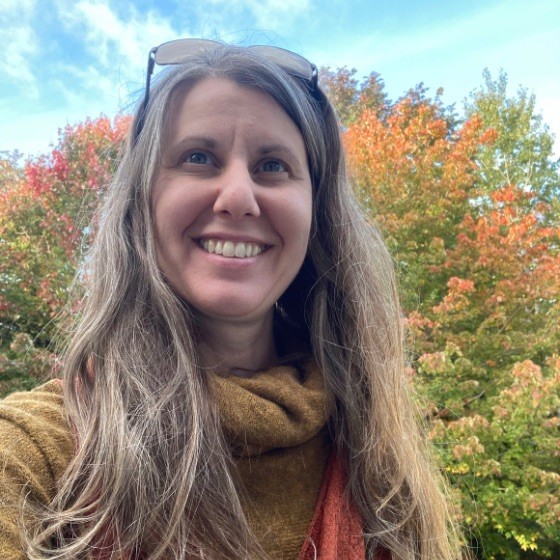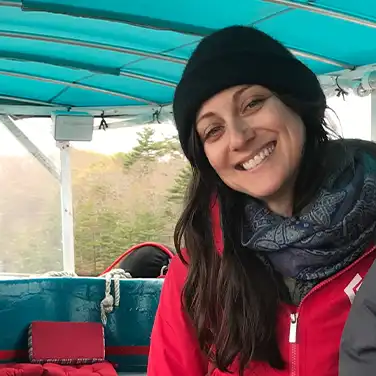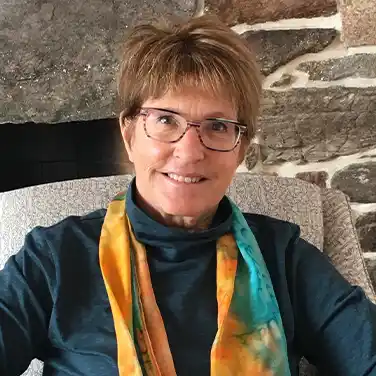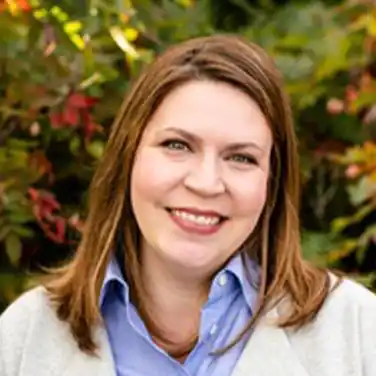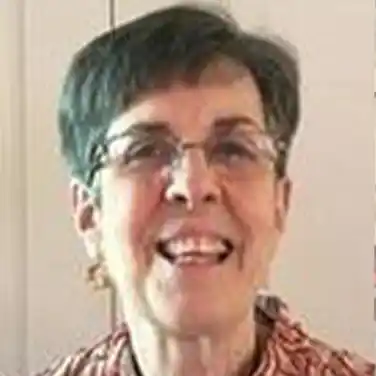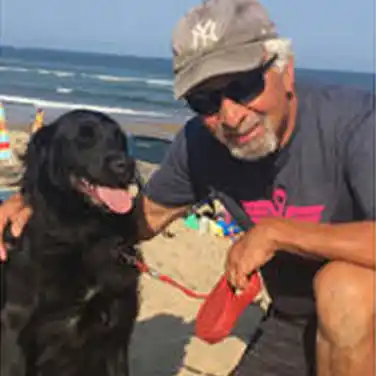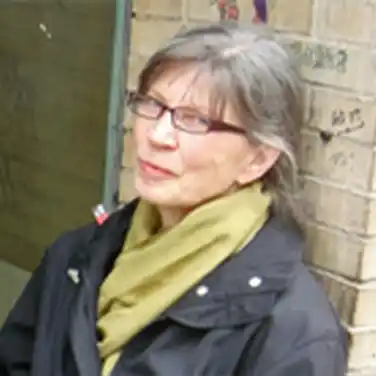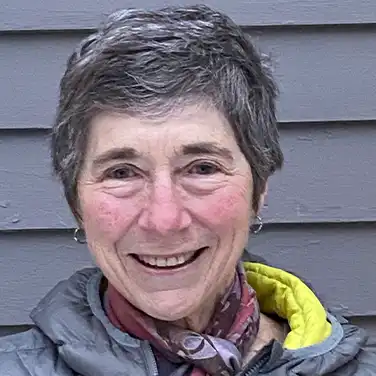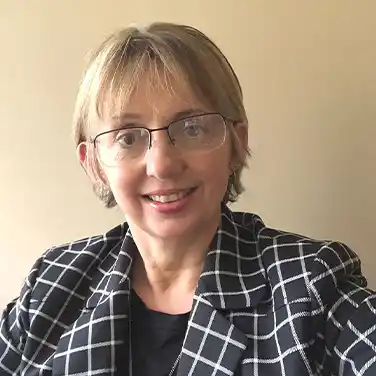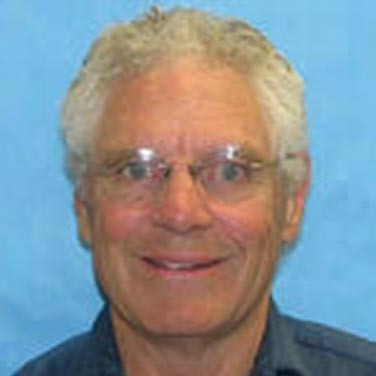What is Restorative Justice?
Restorative Justice is an approach to harm that focuses on the needs of those affected by the harm – including the person whose actions caused the harm, the person who was harmed, and the community where the harm occurred. It emphasizes repairing the harm, not through punishment and isolation, but through accountability, understanding the impact of the harm caused, and making amends. At its core, restorative justice is about fostering understanding, empathy, and mutual respect.
Our History
The Restorative Justice Project (RJP) Maine has a rich history dating back to 2005. Our roots are firmly planted in the efforts of countless dedicated individuals who have been involved along the way. While we remain faithful to our origins, RJP Maine continues to evolve, adapting to the needs of the communities we serve.
Who We Serve
We serve a diverse range of individuals and groups within midcoast Maine and offer training statewide. Our programs and trainings cater to parties causing harm, those harmed, schools, educational institutions, and the wider community. We believe that everyone can benefit from and contribute to restorative practices.
Our Values
At RJP Maine, we value empathy, understanding, respect, and community. We believe in the power of dialogue and collective action to repair harm and build stronger, more compassionate communities. We believe in access to restorative solutions for anyone, anywhere, anytime.
Meet Our Team
Our dedicated team of staff and board members are the backbone of RJP Maine. Each member brings their unique experiences, skills, and passions to our work.

